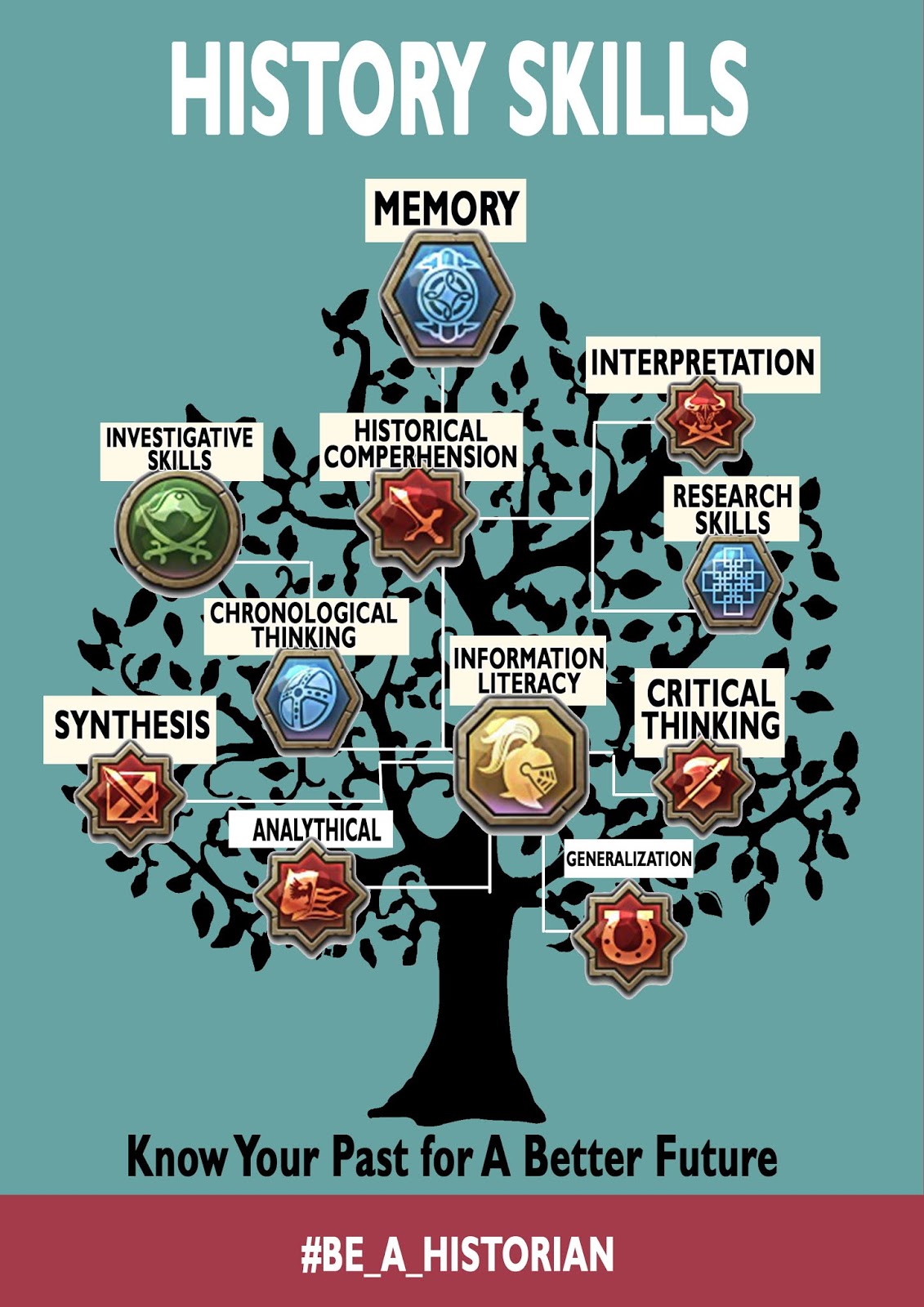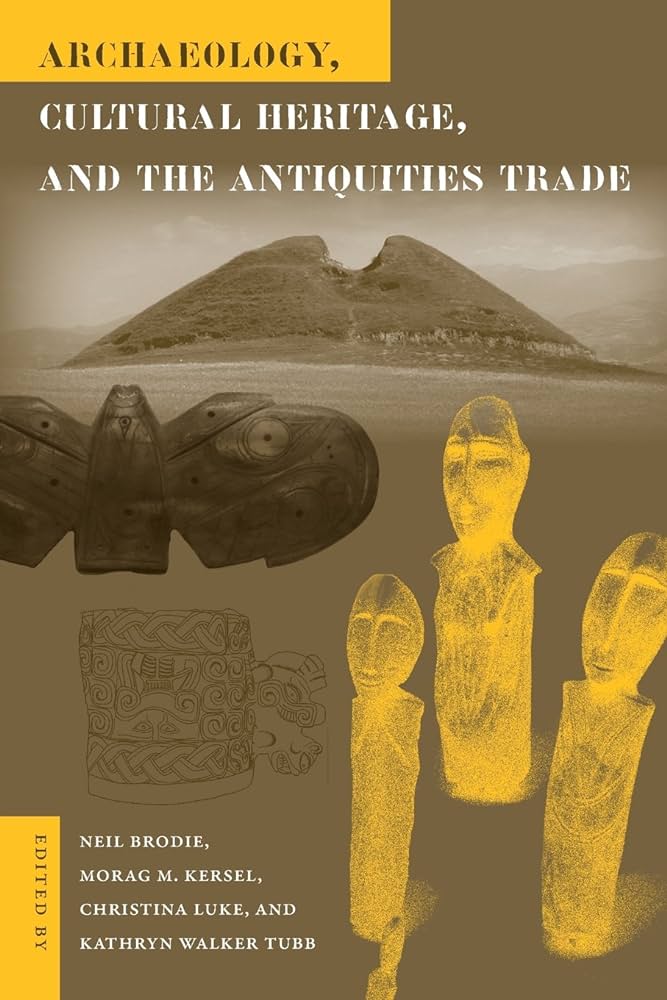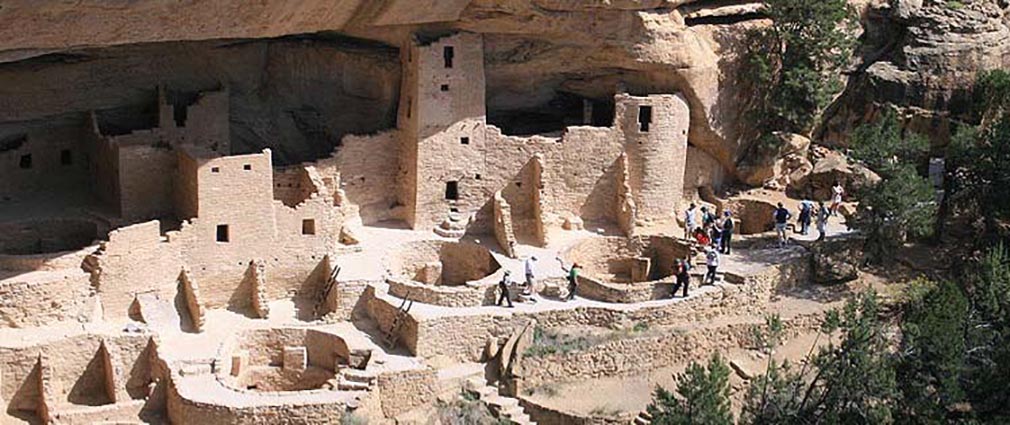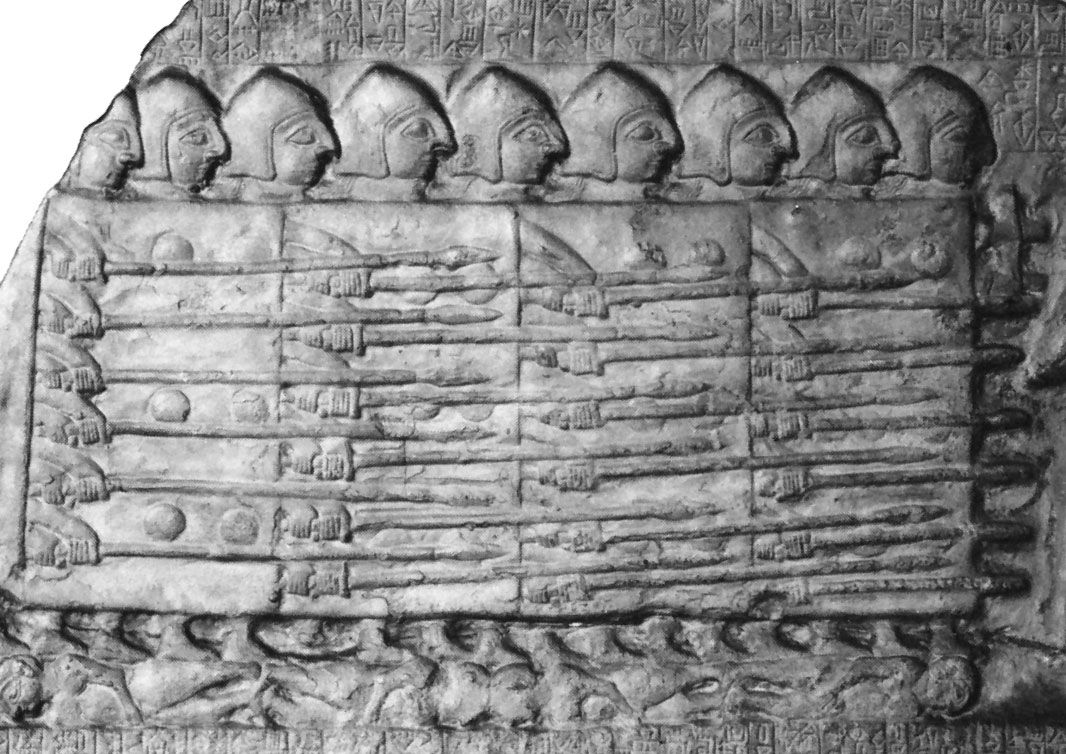Archives and records management are essential elements of history and archaeology. By preserving and organizing the documents, artifacts, and other evidence used in research, archives and records management provide an unparalleled resource for scholars. From ancient manuscripts and artifacts to modern digital records, archives and records management help to ensure that the entire history of a given civilization is accurately documented and preserved for generations to come.
Archives and records management are particularly important in the field of archaeology. Archaeologists rely on archives to access information about sites, discover new artifacts, and understand the historical context of the dig. Without archives, archaeologists would be unable to accurately document and interpret their findings.
Archives and records management also play a crucial role in the study of history. By providing access to primary source documents, archives and records management enable historians to accurately reconstruct past events and draw conclusions from their findings. From ancient manuscripts to modern diaries, archives and records management provide an invaluable resource to historians.
In addition to providing researchers with access to primary source documents, archives and records management also help to preserve and protect these documents for future generations. By organizing and cataloging documents, archives and records management ensure that these documents remain intact and accessible for years to come.
Overall, archives and records management are an essential component of both history and archaeology. By providing access to primary source documents, organizing artifacts and records, and preserving documents for future generations, archives and records management help to ensure that the full history of a given civilization is accurately documented and preserved.











